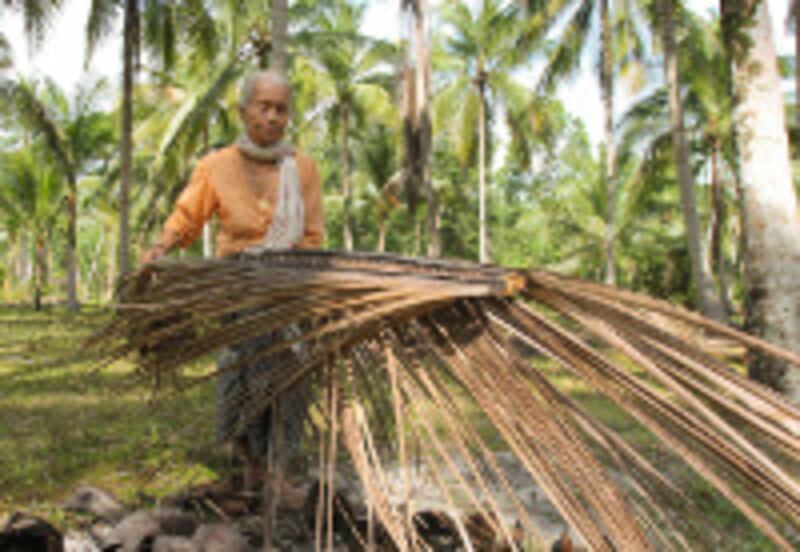Thailand’s restive Deep South region has a long history of peaceful co-existence between different religions and ethnicities, according to some of its oldest residents.
Among the 1.7 million people who live in Narathiwat, Pattani and Yala provinces, 171 are at least 100 years old, according to the Public Health Ministry, which discovered the surprisingly high number in a 2014 census of the Deep South.
The culture of Thailand’s far southern region combines influences of Muslim Malay Patanis, Buddhist Thais and descendants of immigrants from mainland China. Together, they have largely lived in peace and harmony for centuries, some local centenarians say.
Nevertheless, the re-emergence in 2004 of Patani separatists – or in their terms, liberation fighters – has caused unrest for over a decade now.
The resumption of violence baffles 104-year-old Tuanbuesa Waebuesa, a native Muslim of Yala.
“I’ve been through a hard time including World War II, but I don’t see any reason why this violence continues to happen,” he told BenarNews.
In his eyes, a thin line exists between liberation ideology, black market business, drugs and organized crime.
“Perhaps when the problems exist, that creates a comfortable condition for personal gain, gangland-style,” he said
“The most important things for our youths are that they stay away from drugs abuse and political violence,” Tuanbuesa added.
According to the book “Ancient Cities Above The Kingdom of Siam,” Patani Darussalam was established in the 15th century by Sultan Ismael Sah, who converted from Buddhism to Islam.
Patani Darussalam encompassed the region that is made up today of Pattani, Narathiwat, Yala and four districts of Songkhla province.
Bangkok completely annexed Patani Darussalam during the reign of King Rama V [1868 – 1910].
A Chinese perspective

In 1948, the Malay Patani rose up against the Marshall Plaek Pibulsongkram regime in the foiled Dusun Nyor Rebellion. That defeat set the stage for a new chapter of secession attempts which emerged in the late 1950s.
Despite that, Ung Chu Bung, 103, who migrated to Yala from mainland China, saw the bright side of the Deep South.
"When I was young I found love among relatives and friends, be they Muslims, Buddhists or Chinese," Ung Chu Bung said, "We shared good times and bad times over the years."
“Regardless of unrest, I still truly believe that people here still love each other,” she said.
“There are too many bad people wedging us apart, so the younger generation must not fall victim to such attempts,” Ung Chu Bung told BenarNews.
A Buddhist view

Dang Seedang, a Buddhist, shared Ung Chu Bung’s outlook, saying that religious differences should be no obstacle to harmony.
"In the past, the older generation lived in peace and harmony without discrimination," said the 103-year-old resident of Pattani.
"We are all brothers and sisters and religion is not a barrier. Only if we learn how to love and harmonize, the problems of violence, drugs, personal gain and so on will subside," Dang said.
